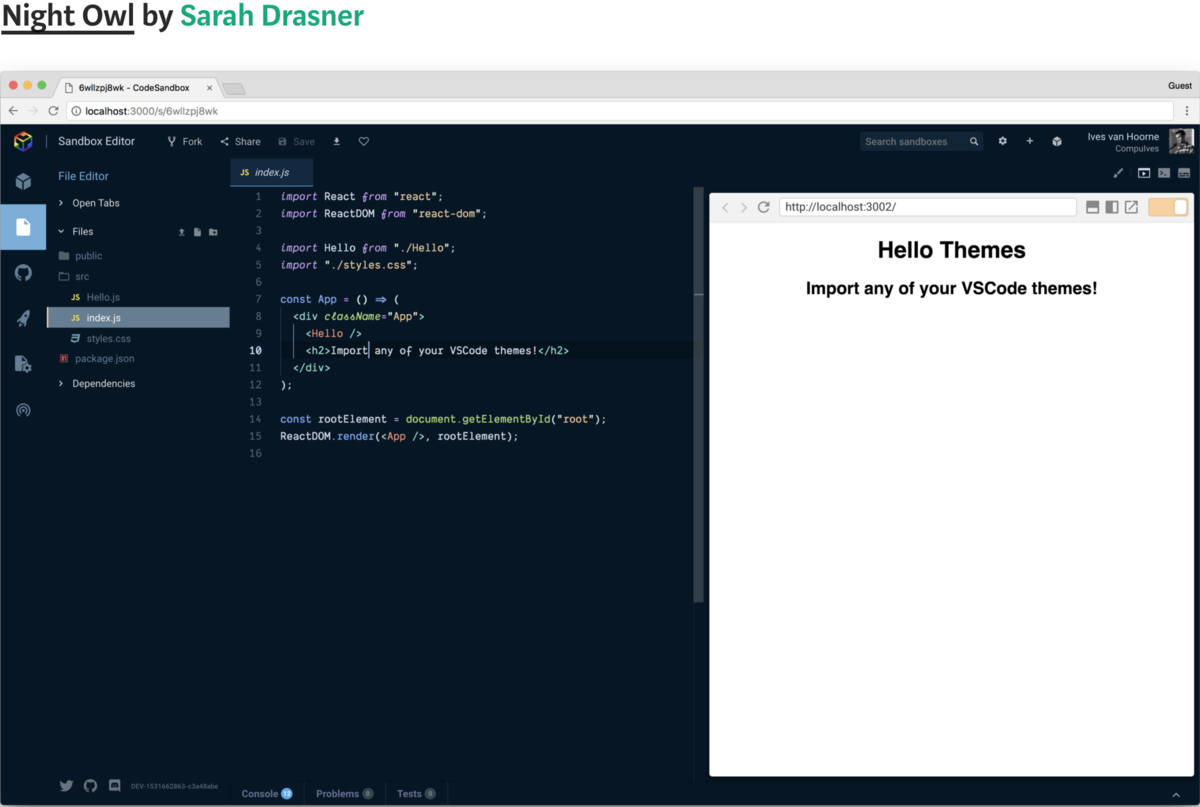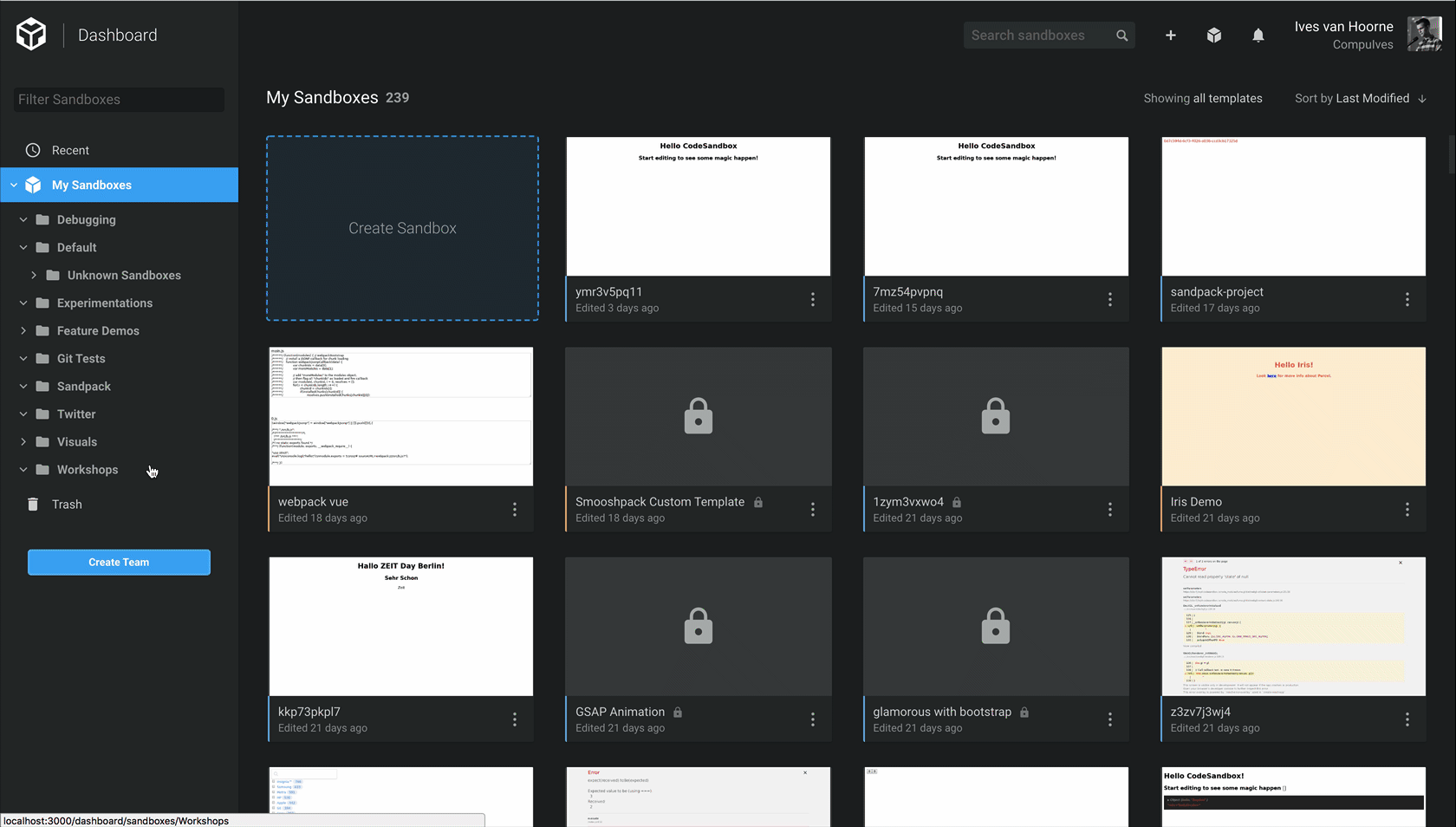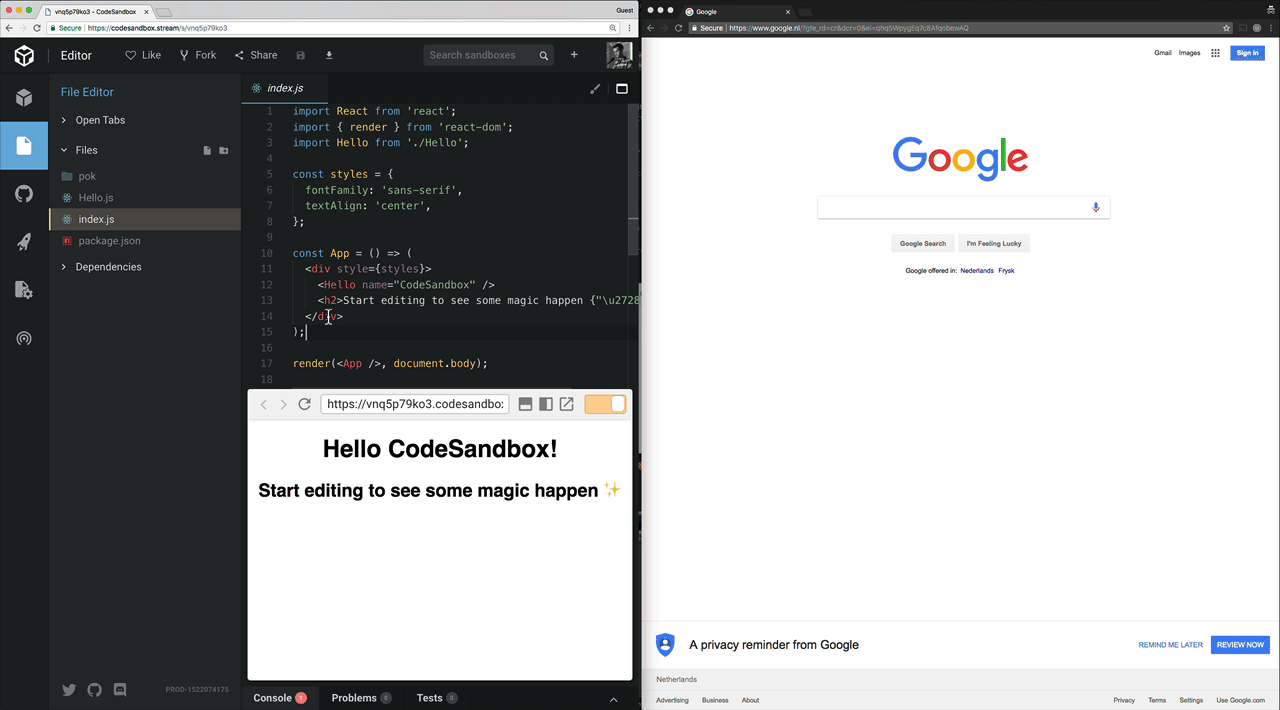This epic four part series from the Airbnb engineering blog showcases how React Native was used at Airbnb to enable their teams to move quickly and maintain a great developer experience.
However, in the end, they decided to sunset React Native and focus on native — but their journey to that conclusion is well worth a read.
Part 4: Sunsetting React Native — Although many teams relied on React Native and had planned on using it for the foreseeable future, we were ultimately unable to meet our original goals. In addition, there were a number of technical and organizational challenges that we were unable to overcome that would have made continuing to invest in React Native a challenge.
As a result, moving forward, we are sunsetting React Native at Airbnb and reinvesting all of our efforts back into native.
It’s not all bad though. 63% of their engineers would have chosen React Native again given the chance and 74% would consider React Native for a new project.
Gabriel went on to say:
React Native is progressing faster than ever. There have been over 2,500 commits in the last year and Facebook just announced that they are addressing some of the technical challenges we faced head-on. Even if we will no longer be investing in React Native, we’re excited to continue following its developments.
For a different perspective read Should we use React Native? — a follow-up post to this four part series.





